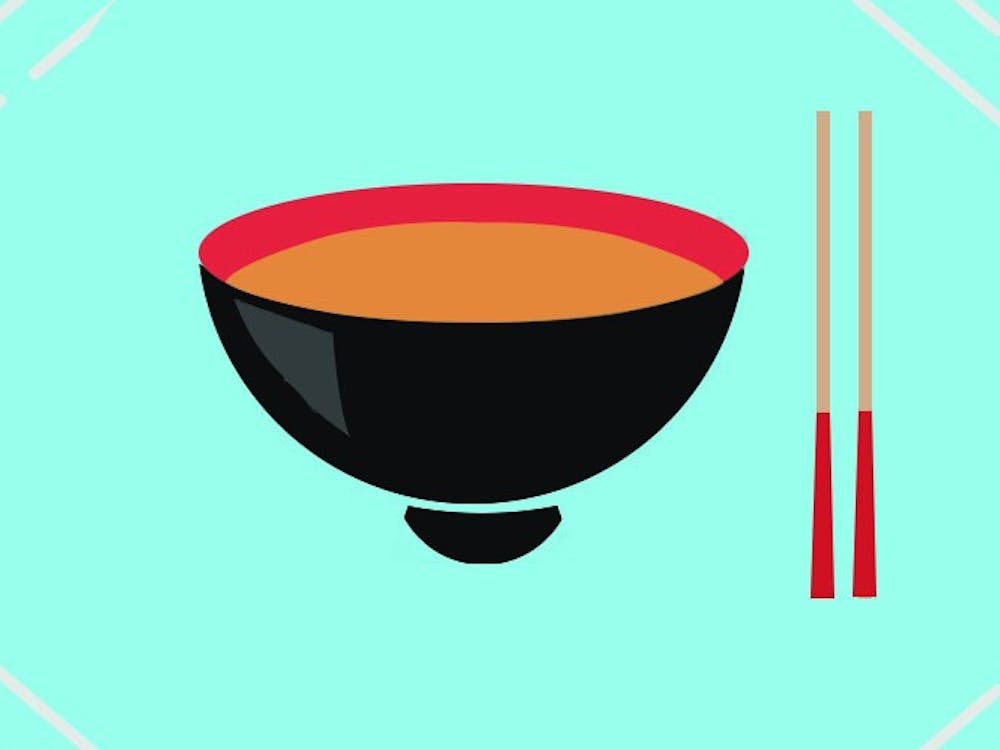Dear Sexpert,
I was reading BroBible last week, and it said Princeton has the best sexual health of any collegecampus in America (take that, Yale!). I hook up a lot, so I’m glad we have a relatively STD-free campus. I mean, if I visit Chicago State University (No. 139 out of 140 schools on the sexuallyhealthy list), I’ll wrap it before I tap it. But as far as Princeton is concerned, I don’t think I needto. At least not for oral sex, right?
—Trojan Bro
Dear Trojan Bro,
Yes, Princeton did rank No. 1 out of 140 schools on the Trojan Sexual Health Report Card, according to the formulaic ranking based on Trojan’s specifications. However, the Trojan studydid not measure prevalence of sexually transmitted infections or the types of STIs foundon campus to make their rankings; rather, the report card rated Princeton on the sexual healthservices available to students, including:
• Hours of operation
• Student scheduling
• Quality of sexual health information and resources on website
• Contraceptive availability
• Condom availability
• HIV and STI testing

• Lecture/outreach programs and student peer groups for sexual health education
• Sexual assault programs, resources and services
• Overall website usability and quality
So, just because you go to Princeton does not mean you are less likely to get an STI. Everyoneshould know that there is every type of STI —gonorrhea, chlamydia, herpes, syphilis, HIV,genital warts and molluscum contagiosum —on Princeton’s campus.What the report card does mean is that if you go to Princeton, you have a wealth of sexual healthresources to educate yourself about safer sex practices and protect yourself from getting an STI.The most common STIs on college campuses are genital warts, herpes and chlamydia. One infour adults age 18 to 24 in the United States has an STI right now, though he or she may not know it. Anindividual can have an STI without showing the common symptoms such as unusual discharge,itching and burning while urinating or redness, sores and bumps around the infected area. Forthis reason, it is important to take precautions to protect yourself from STIs, get tested and gettreatment immediately when you think you may have one.Gonorrhea, chlamydia and most otherbacterial STIs are relatively easy to treat with antibiotics when caught early.
The best protection against acquiring an STI is abstinence from all sexual contact includingkissing, oral sex and other types of sexual activity. If you choose to engage in sexual activity, usecondoms, dental dams, gloves and finger cots when applicable. Most RCAs and Peer HealthAdvisers have male condoms available to students for free. In addition, UniversityHealth Services at McCosh allows students to obtain up to 10 free condoms per day.After 10, the charge is $3 for 10 condoms. Dental dams are used when performing oral, oral-vaginal, or oral-anal sex. These, gloves and finger cots can be found for free at the LGBT Center on thesecond floor of Frist. If you’re not sure how or when to use a particular protection method, askyour friendly neighborhood PHA!
In addition to properly using protection methods, getting screened for STIs is an important wayto maintain good sexual health. If you have more than one partner, it is important to be screenedannually for HIV. Rapid HIV testing is free and confidential at UHS. Asking for a general STIscreening at UHS includes testing for HIV, gonorrhea and chlamydia. The gonorrhea and chlamydiatest is $14. Students are required to pay upfront but can then claim a reimbursement from theirinsurance (e.g. the student health plan). You can also talk to the clinicians at Sexual Health andWellness Services to get additional infections included on the screening, such as herpes, syphilis and hepatitis. However, these additions are not recommended for everyone and may only beconsidered after determination by a clinician.What you should take away from the Trojan Sexual Health Report Card is that Princeton has some of the best sexual health services for students in the United States, so take advantageof them! In addition to UHS, RCAs and PHAs are available and happy to talk about any safesex questions you may have.
—The Sexpert








